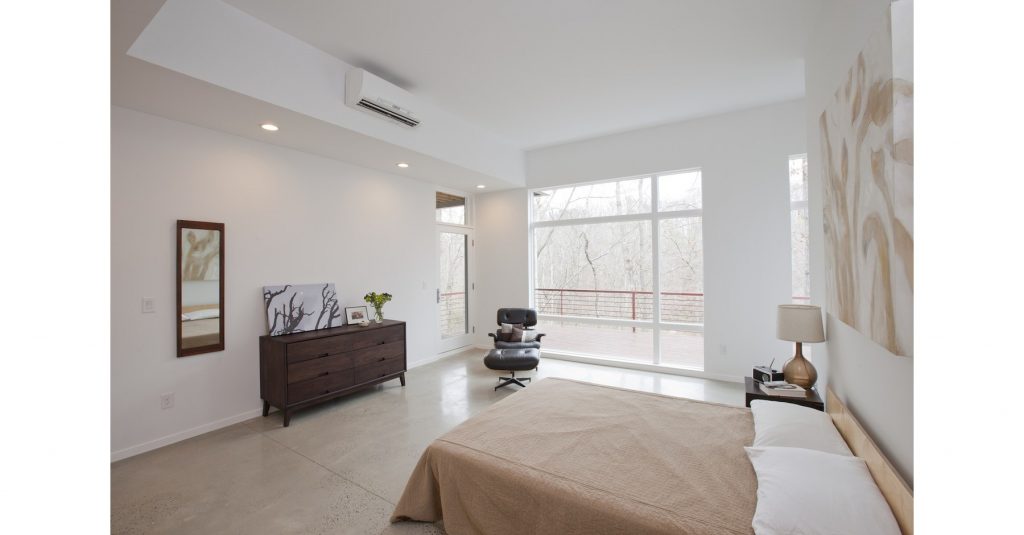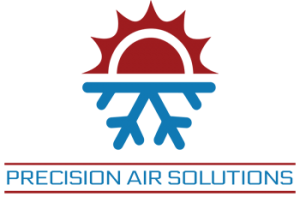- (707)-741-1993
- chris@precisionhvacco.com
- Serving Solano & Surrounding Counties
SEER and AFUE Ratings: What They Mean for Energy Efficiency
SEER (Seasonal Energy Efficiency Ratio) and AFUE (Annual Fuel Utilization Efficiency) ratings are the secret codes that decipher the energy efficiency levels of your heating, ventilation, and air conditioning (HVAC) systems. These ratings act as a compass, guiding you toward the most efficient options and helping you make informed decisions.
In this journey, we’ll uncover the mysteries behind SEER and AFUE. We’ll explore their calculations, ranges, and the perks of higher ratings. Plus, we’ll sprinkle in some tips on improving energy efficiency along the way.

SEER (Seasonal Energy Efficiency Ratio) Rating
What is SEER?
The SEER rating is a measure of how efficiently an air conditioning system operates over an entire cooling season. It’s like the fuel economy rating for your air conditioner. The higher the SEER rating, the more energy-efficient the system is.
Calculating the SEER Rating
Behind the scenes, a complex mathematical equation is at work to determine the SEER rating. But don’t worry, you don’t need to bust out your calculator. The SEER rating is calculated by dividing the total cooling output over a typical cooling season by the total electric energy input during the same period. Think of it as a performance report card for your AC.
What’s a Good SEER Rating?
SEER ratings typically range from 13 to 25, with higher numbers indicating greater efficiency. Back in the day, a SEER rating of 10 was considered top-notch, but times have changed. Nowadays, you’ll find most new air conditioners boasting SEER ratings between 14 and 21.
Finding the Perfect Balance
Now, before you rush out and grab the highest SEER-rated system on the market, consider your specific needs. Higher SEER ratings are undeniably more energy-efficient, but they often come with a higher price tag. It’s crucial to strike a balance between upfront costs and long-term energy savings that align with your budget and cooling requirements.
Also consider factors like the size of your space, climate conditions, and the overall energy efficiency of your home. A well-insulated and properly maintained home can optimize your cooling efforts, regardless of the SEER rating.
AFUE (Annual Fuel Utilization Efficiency) Rating
What is AFUE?
AFUE is a measure that tells you the percentage of fuel that is actually transformed into warmth for your space. For example, an AFUE rating of 90% means that 90% of the fuel consumed is converted into heat, while the remaining 10% is lost during the process.
Calculating AFUE
To calculate AFUE, the total heat output from a heating system is divided by the total energy consumed. The result is multiplied by 100 to express it as a percentage. Note that AFUE only considers the efficiency of the heating process itself and doesn’t account for heat loss through ducts or other factors.
The Significance of AFUE Ratings
Higher AFUE ratings indicate greater efficiency, meaning more heat is generated while minimizing fuel waste. This translates into significant benefits for both your wallet and the environment.
Cost Savings and Efficiency Benefits
Investing in a heating system with a higher AFUE rating can lead to substantial cost savings over time. Since more fuel is converted into heat, less fuel is needed to maintain a comfortable indoor temperature. This not only reduces your energy bills but also decreases your carbon footprint. It’s a win-win situation!
Choosing a System Based on AFUE
When considering a heating system, pay close attention to its AFUE rating. Different types of heating systems have varying AFUE ranges. For example, modern gas furnaces often have AFUE ratings between 90% and 98%, while electric heat pumps typically range from 200% to 400%.
While higher AFUE ratings are desirable, it’s essential to consider other factors too, such as the type of fuel available, initial costs, and your specific heating needs.
Improving Energy Efficiency
1. Upgrade Your Systems for Enhanced Efficiency
-
- Invest in high SEER and AFUE-rated equipment
Upgrading your heating, ventilation, and air conditioning (HVAC) systems to models with higher SEER and AFUE ratings can significantly boost energy efficiency. Look for units that offer greater cooling efficiency (SEER) and better fuel utilization (AFUE) to maximize your savings.
-
- Embrace smart thermostats
Smart thermostats offer advanced features like programmable schedules, remote control, and learning capabilities. They help optimize your HVAC system’s energy consumption by adjusting temperatures based on occupancy and weather conditions, saving both energy and money.
2. Embrace Energy-Efficient Technologies
-
- LED lighting
Replace traditional incandescent bulbs with energy-efficient LED lights. They consume significantly less electricity, last longer, and emit less heat. LED lighting can result in substantial energy savings without compromising on brightness or quality.
-
- Power-saving appliances
Upgrade to ENERGY STAR-certified appliances for your kitchen, laundry room, and other areas. These appliances are designed to use less energy without sacrificing performance, making them a smart choice for reducing your energy consumption.
3. Adopt Energy-Saving Practices
-
- Unplug unused devices
Many electronic devices consume energy even when they’re turned off or in standby mode. Unplugging them when not in use eliminates this “vampire” power drain and can save you money on your energy bill.
-
- Weatherize your home
Properly insulating your home and sealing air leaks can make a significant difference in energy efficiency. It helps maintain a comfortable temperature indoors, reduces the workload on your HVAC system, and lowers energy costs.
4. Regular Maintenance and Optimization
-
- Keep up with system maintenance
Schedule regular maintenance for your HVAC systems. Clean or replace filters, check ductwork for leaks, and ensure proper airflow. Well-maintained systems operate more efficiently, consume less energy, and last longer.
-
- Optimize system settings
Adjust your thermostat settings to maximize energy savings. Find the perfect temperature for the warm and cold months to reduce your heating and cooling load. Utilize the “away” or “eco” mode when you’re not at home.
5. Consider Renewable Energy Options
-
- Solar power
Solar power can help offset your electricity consumption, reduce your carbon footprint, and potentially earn you credits through net metering programs.
-
- Geothermal heating and cooling
Geothermal systems utilize the stable temperature of the earth to provide efficient heating and cooling. While the initial installation cost may be higher, these systems offer long-term energy savings and environmental benefits.
So, What Have We Learned?
SEER ratings help you gauge the cooling efficiency of your HVAC system. Higher SEER ratings mean better energy efficiency, which translates into cost savings over time. When selecting a system, keep an eye out for those higher numbers to enjoy a chillier home without freezing your bank account.
On the other hand, AFUE ratings come into play when it’s time to evaluate the heating efficiency of your system. The higher the AFUE rating, the more efficiently your heating system converts fuel into heat. A higher AFUE rating means more warmth and fewer dollars going up in smoke.
But it doesn’t stop there! You can take action to improve your energy efficiency. Consider upgrading your existing system to higher-rated models, embrace energy-efficient technologies and practices, and don’t forget regular maintenance and optimization. And hey, have you thought about exploring renewable energy options? The possibilities are endless!
At Precision Air Solutions, we’re dedicated to providing such energy efficiency and top-notch HVAC services. If you’re in Benecia, CA, why not give us a try? Visit our website to learn more about our services and schedule an appointment. Experience the comfort and savings that come with a well-maintained and energy-efficient HVAC system.
